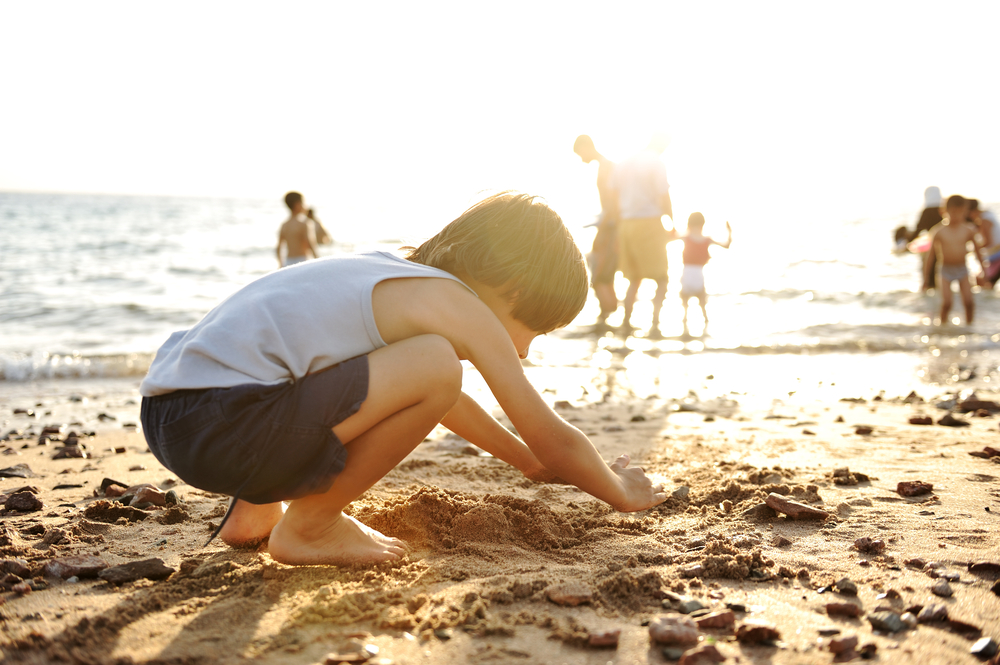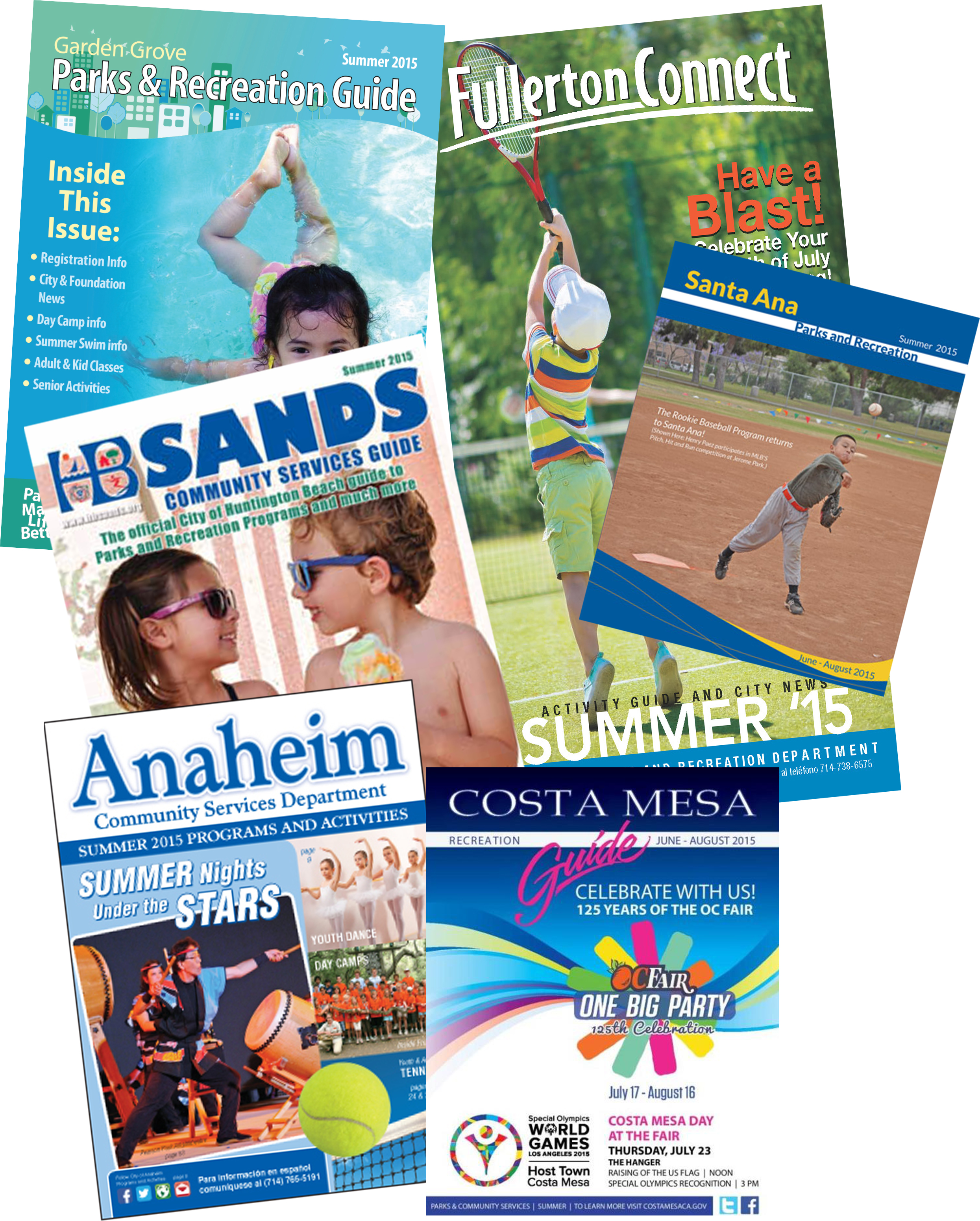Summer is fast approaching, and as students look forward to time off from school, another concern is on the horizon: summer learning loss.
 Also referred to as the “summer slide” or “brain drain,” this is a very real, extensively studied phenomenon in which students fall behind during long periods with no school-related tasks. Even those doing well in school can have a setback during the summer.
Also referred to as the “summer slide” or “brain drain,” this is a very real, extensively studied phenomenon in which students fall behind during long periods with no school-related tasks. Even those doing well in school can have a setback during the summer.
The National Summer Learning Association reports that students can lose an equivalent of two months of their grade-level mathematics skills over the summer, and children from low-income families lose the same equivalency in reading achievement. As a result, teachers spend a significant amount of time re-teaching material from the previous year at the beginning of each school year.
We can all benefit from taking advantage of the warm summer months to explore, learn and make memories. Here are five ways to help minimize the summer slide that emphasize exploration and hands-on learning.
1. Discover hobbies or interests. Begin by having a conversation with kids about the things that interest them. The break from school allows parents and children the freedom to explore activities they may not have had time for during the school year. From making videos to planting a garden, opportunities to learn are abundant.
2. Use technology to reinforce skills in mathematics, reading and writing. There are many educational websites and apps that can benefit a student’s literacy, numeracy and creativity. Sites like Khan Academy provide engaging lessons and SAT test prep for high school students thinking about college. Or help your child set up a blog – a great way to pair technology with writing. Computers are free to use at most libraries if one isn’t available at home.
And speaking of the library, we hear it every year, and for good reason:
3. Visit the library. Encouraging children to read helps build comprehension and vocabulary skills and is a way to learn about those hobbies and interests they identified. So enjoy the library’s free air conditioning, and spend time using the computers or reading that new graphic novel.
 4. Volunteer in the community. Volunteering offers opportunities for hands-on learning and skill building as well as developing a sense of community. A trip to the beach can include coastline clean-up. Have a child who loves animals? Many animal welfare organizations need volunteers. Find opportunities at volunteer.gov.
4. Volunteer in the community. Volunteering offers opportunities for hands-on learning and skill building as well as developing a sense of community. A trip to the beach can include coastline clean-up. Have a child who loves animals? Many animal welfare organizations need volunteers. Find opportunities at volunteer.gov.
5. Enroll in an educational summer program. City programs often offer low-cost summer camps and lessons for children and adults that include everything from arts and sports to coding and robotics. Check your city’s parks and recreation or school website for referrals.
Looking for more ideas? The Orange County Department of Education has resources for fun literacy activities to blend in with your child’s summer activities, and the PBS Parents website is full of ideas focused on fun and learning.
